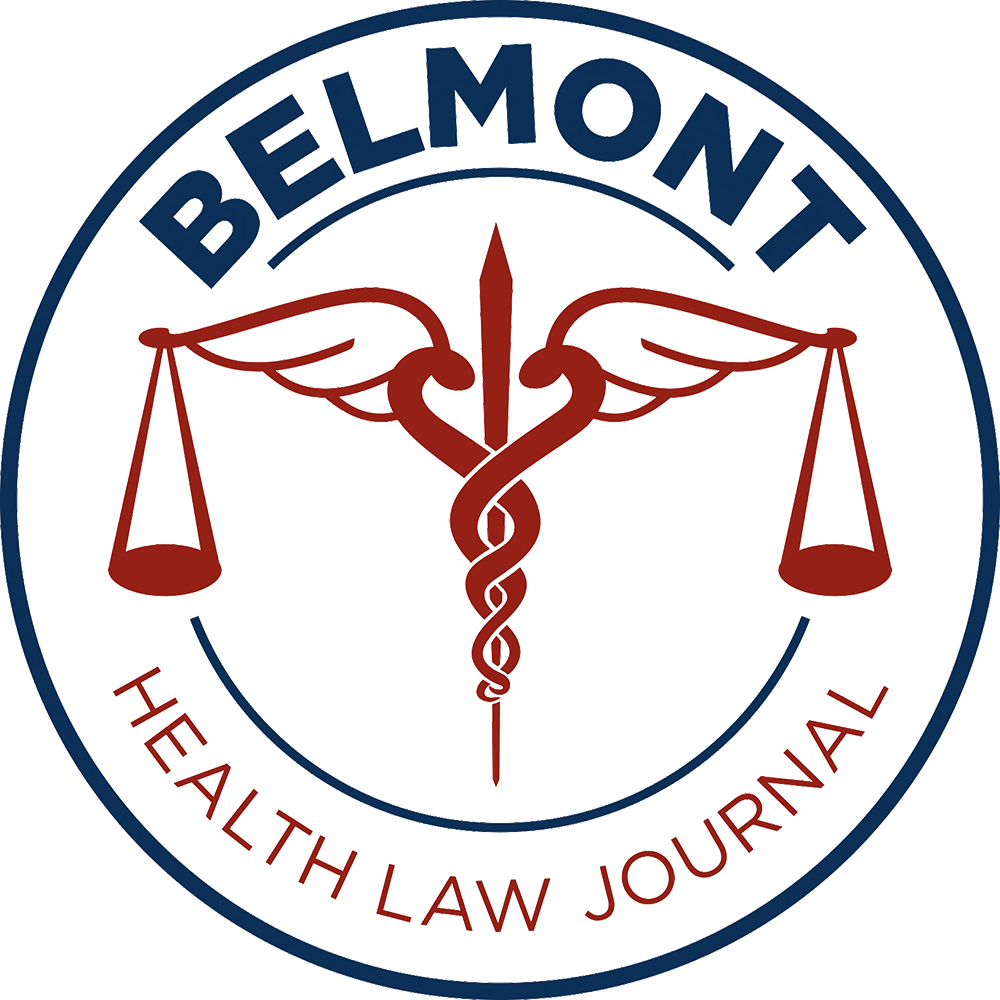Azariah Dileo, Class of 2024, Belmont Law On April 6, 2023, North Dakota enacted a new law titled “Growth and development and human sexuality curriculum.” The law passed in the state Senate with a vote 37-9 at the end of March and in the House on April 4, with a vote 75-16. Two days …
A Bill to Protect Access to Reproductive Technology
Azariah Dileo, Class of 2024, Belmont Law Infertility is not uncommon within the United States. Approximately one in five married women who have not previously given birth and are between fifteen years old and forty-nine years old are unable to become pregnant within the first year of trying. While infertility has several causes with …
Narcan Nasal Spray to Become Available Over-The-Counter Pending FDA Final Approval
Kendall Warden, Belmont Law, Class of 2024 On February 15, 2023, a federal advisory committee voted unanimously in favor of converting Narcan, the overdose reversal drug, from prescription to nonprescription status. The committee consisted of members of the Nonprescription Advisory Committee and Anesthetic and Analgesic Drug Products Advisory Committee, whose advisory opinions, although not binding …
Anxious and Depressed Attorneys: The Need for a Mental Health Reckoning in the Legal Profession
Shane Richards, Class of 2023, Belmont Law It’s no secret that the legal profession has a mental health issue, with rates of depression, anxiety, and substance abuse steadily becoming more dire issues. Putting numbers to this phenomenon makes it far more real. A 2016 study by the American Bar Association found that attorneys are 3.6 …
Fraudulent Nursing Degree Scheme Leads to Charges
Kendall Warden, Class of 2024, Belmont Law Several southern nursing schools are under fire after recent reports disclosed that more than 7,600 fake nursing degrees and transcripts were sold to “aspiring nurses.” During the five-year scheme, purchasers spent a total of $114 million dollars on the fraudulent degrees and transcripts. The average cost of …
The Present Landscape of COVID Vaccine Requirements for Children
Azariah Dileo, Class of 2024, Belmont Law State governments have broad discretion when determining vaccine requirements for students. States have historically used mandatory vaccine requirements for students because it has been seen as the most efficient way of achieving herd immunity. Herd immunity is when a high threshold percentage of a community has immunity (natural …
Ransomware Strikes Again: Health Records for 2,000 Students is Leaked onto the Dark Web
Shane Richards, Class of 2023, Belmont Law In September of last year, the Los Angeles Unified School District was the target of a ransomware attack that significantly disrupted its information technology systems. Being the second biggest school district in the United States, this attack made national headlines and prompted responses from the FBI and Homeland …
Athena Nursing Homes Under Fire
Kendall Warden, Class of 2024, Belmont Law In health law section news, the American Bar Association reported that Connecticut-based Athena Health Care Systems is facing major trouble. The organization is facing a myriad of grievances from all sides of the business: complaints from three New England states over nursing home conditions and failure to pay …
NEW FEDERAL LAW GOVERNING THE MANUFACTURE AND DISTRIBUTION OF COSMETICS
Azariah Dileo, Class of 2024, Belmont Law Until December 29th of this past year, the Federal Food, Drug, and Cosmetic Act (FD&C) and the Fair Packaging and Labeling Act (FPLA) were the only federal laws that regulated cosmetic manufacturing and distribution processes within the United States. Section 201(i) of the FD&C Act defines cosmetics …
Reckoning with Ransoms: The Dangers of Relying on Electronic Patient Data Increases
Shane Richards, Class of 2023, Belmont Law The issues with using paper forms and records instead of electronic versions are numerous and numerous to anyone who has ever worked in an office. Even in my limited experience of working at a law firm, I have learned that paper files have their downsides. They can be …
